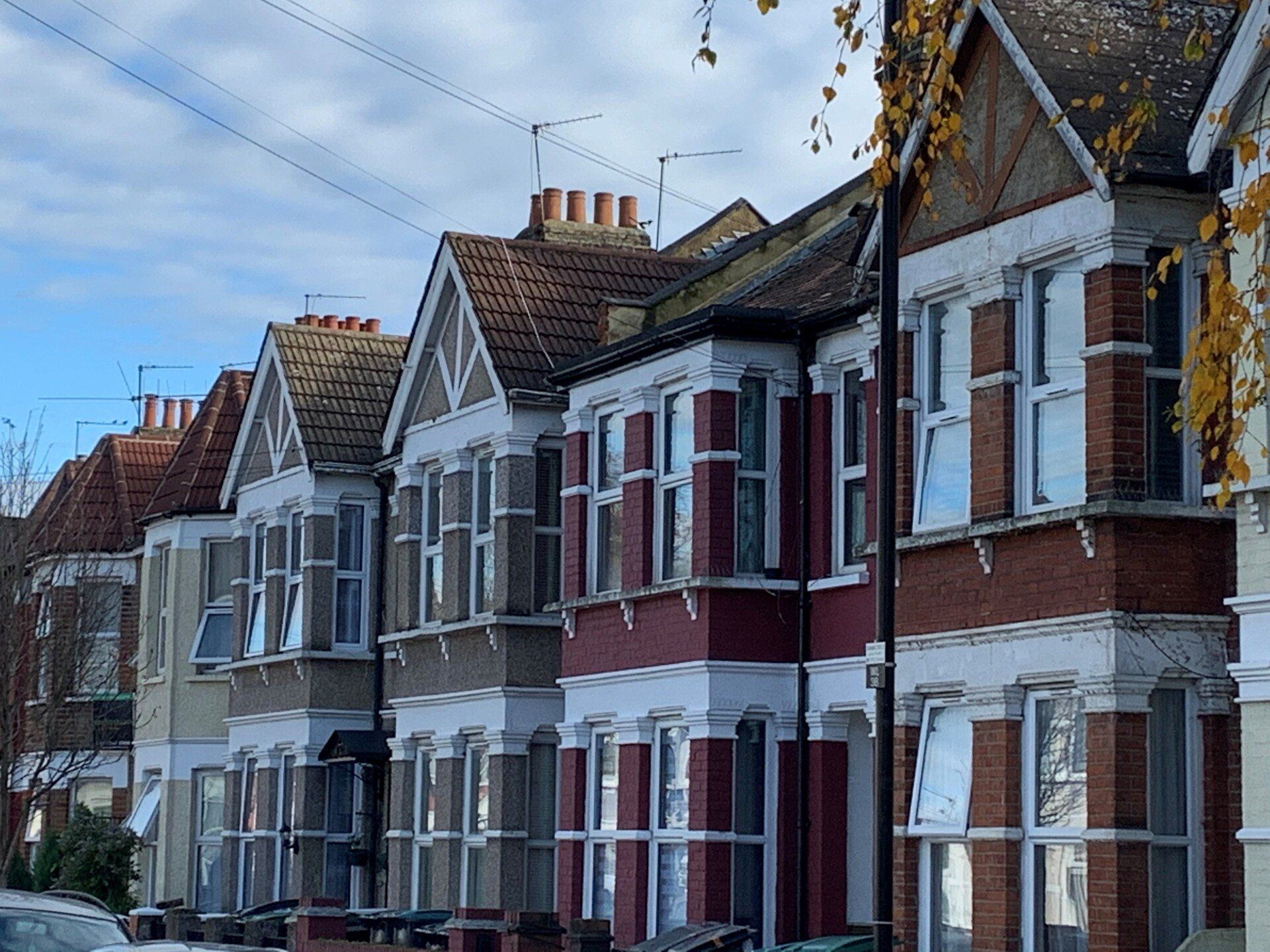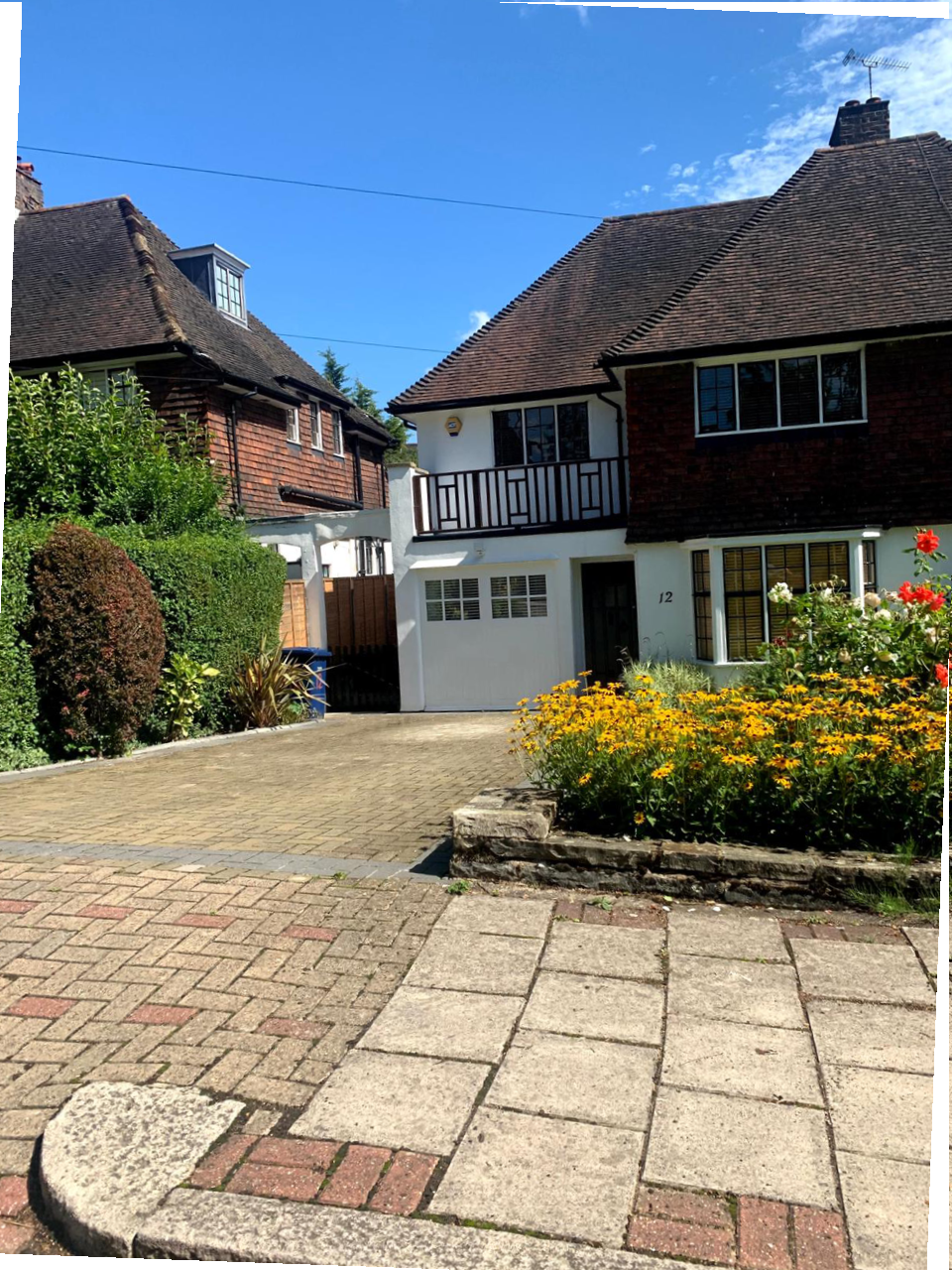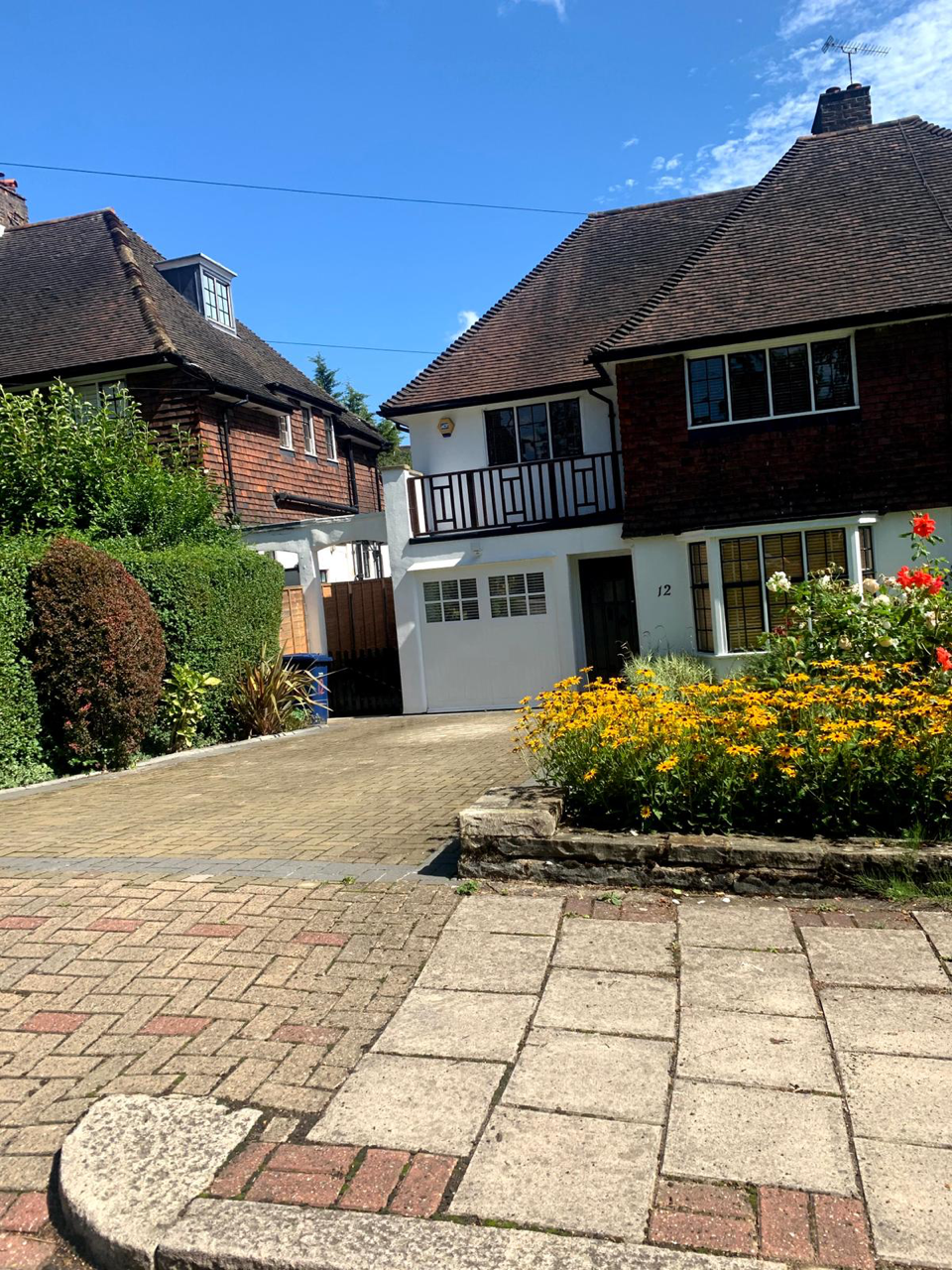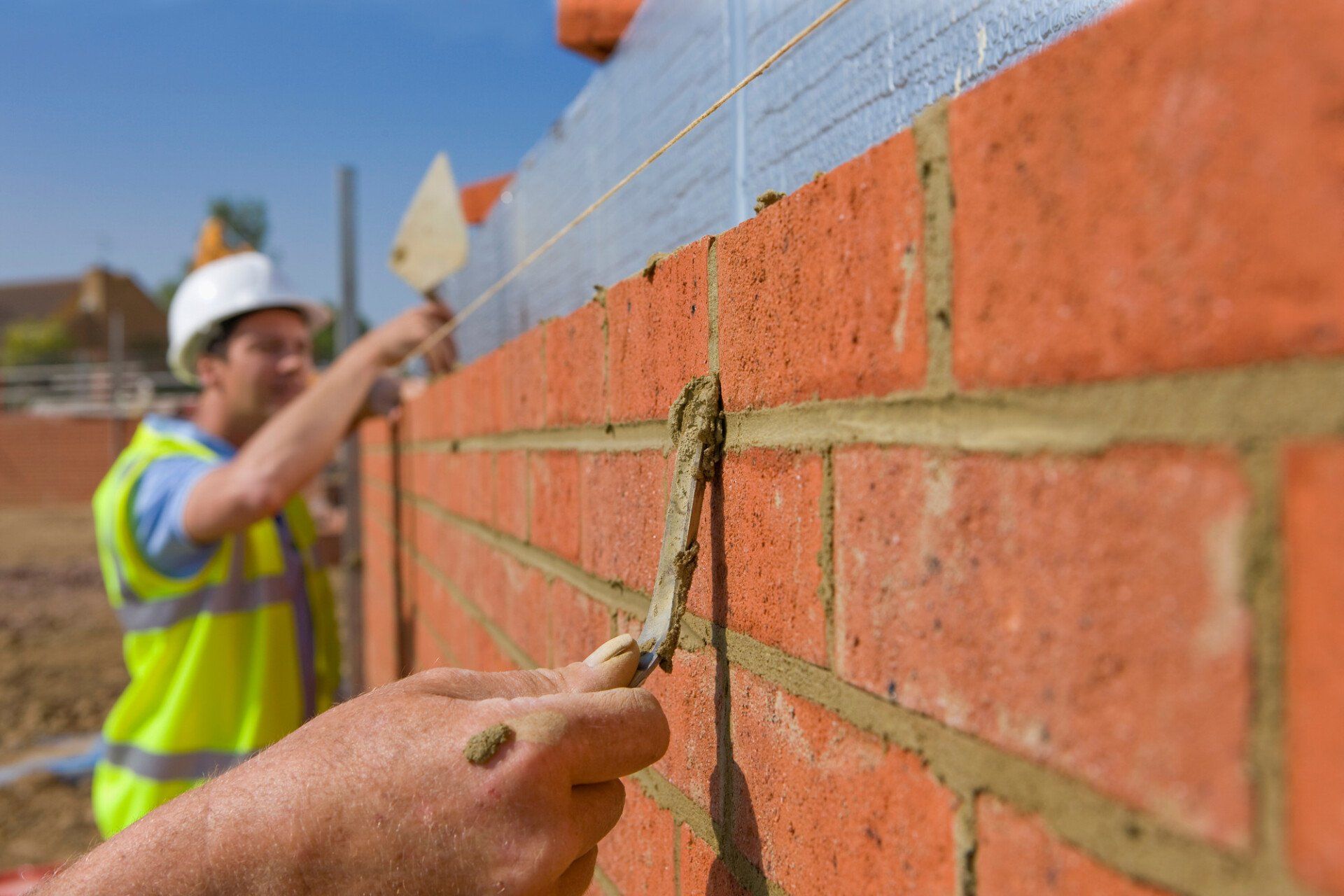Party Wall Surveyor in Hampstead
In the vibrant neighborhood of Hampstead, where historic charm meets modern elegance, property owners often find themselves navigating the intricate realm of party wall matters. Among the skilled professionals dedicated to ensuring smooth transitions and resolutions in such cases, Adam Joseph Chartered Surveyors stands out as a prominent Party Wall Surveyor. we will explore the significance of party walls, delve into the role of a party wall surveyor, and shed light on Adam Joseph Chartered Surveyors expertise in facilitating harmonious resolutions in Hampstead's diverse property landscape.
Understanding Party Walls
Party walls, often prevalent in densely populated areas like Hampstead, are shared walls or structures that divide buildings belonging to different owners. These walls can be found in various forms, such as garden walls, fences, and structural elements within buildings. Disputes arising from party wall matters can encompass issues related to repairs, alterations, or construction work, making it imperative to involve a qualified party wall surveyor.
Role of a Party Wall Surveyor
A party wall surveyor is a professional with expertise in resolving disputes and facilitating agreements between property owners regarding party wall matters. Their role involves conducting thorough assessments of the affected properties, preparing detailed party wall awards, and mediating between disputing parties to ensure a fair and equitable resolution. Adam Joseph Chartered Surveyors, with their extensive knowledge and experience, has become a trusted figure in this field.
Adam Joseph Chartered Surveyors: A Beacon of Expertise in Hampstead
Adam Joseph Chartered Surveyors reputation as a party wall surveyor in Hampstead is built on a foundation of knowledge, professionalism, and a commitment to client satisfaction. With a background in architecture and a keen understanding of the local property landscape, Adam Joseph Chartered Surveyors brings a unique perspective to its role.
One of the key attributes that sets Adam Joseph Chartered Surveyors apart is its ability to navigate the complexities of party wall matters with a collaborative and diplomatic approach. In a neighborhood like Hampstead, where property values are high and residents take pride in their homes, disputes over party walls can be emotionally charged. Adam Joseph Chartered Surveyors skill in fostering communication and finding common ground has proven invaluable in resolving conflicts and minimizing the impact on the property owners involved.
Adam Joseph Chartered Surveyors process begins with a comprehensive assessment of the properties in question. Its keen eye for detail allows it to identify potential issues and propose practical solutions that prioritize the integrity of the structures involved. Whether it's a simple repair or a complex construction project, Adam Joseph Chartered Surveyors expertise ensures that the parties involved are well-informed and their concerns are addressed effectively.
Beyond the technical proficiency, Adam Joseph Chartered Surveyors is known for its transparent and client-centric approach. We take the time to explain the intricacies of party wall matters to the clients, empowering them to make informed decisions. This commitment to communication builds trust and fosters a positive working relationship throughout the resolution process.
In the dynamic real estate landscape of Hampstead, where the old meets the new, party wall matters are a common challenge for property owners. Adam Joseph Chartered Surveyors, as a seasoned party wall surveyor, plays a crucial role in facilitating resolutions that protect the interests of all parties involved. Its expertise, coupled with a client-focused approach, makes it a trusted figure in the Hampstead community, navigating the intricacies of party wall matters with finesse and ensuring that the neighborhood's architectural heritage remains intact for future generations.
For friendly professional advice, contact us or call now and speak with a specialist Party Wall Surveyor.









Adam Joseph Chartered Surveyors is a trading name of Sherling & Partners Limited.
Website: https://www.sherlingandpartners.co.uk
Registered Address: Balfour House, Suite 206, 741 High Road, North Finchley N12 0BP
Company Number: 10621087
VAT Number: 265816036
We serve clients in East Ham, Putney, North London, Essex, Finchley, Birmingham and Blackheath. Our services includes party wall surveyor & Level 3 Building Survey.
